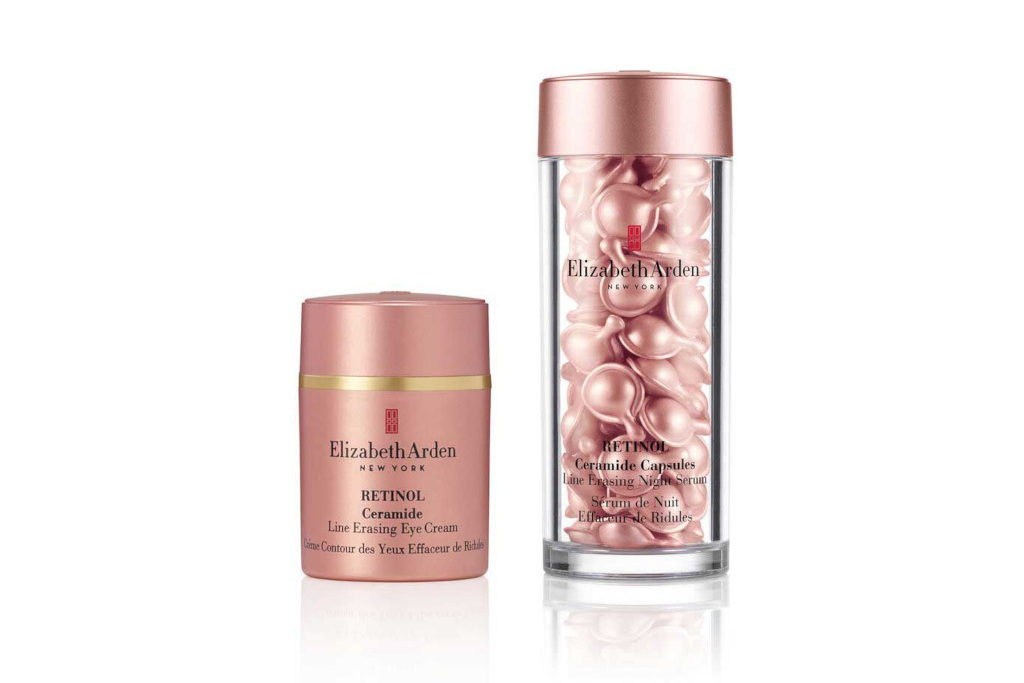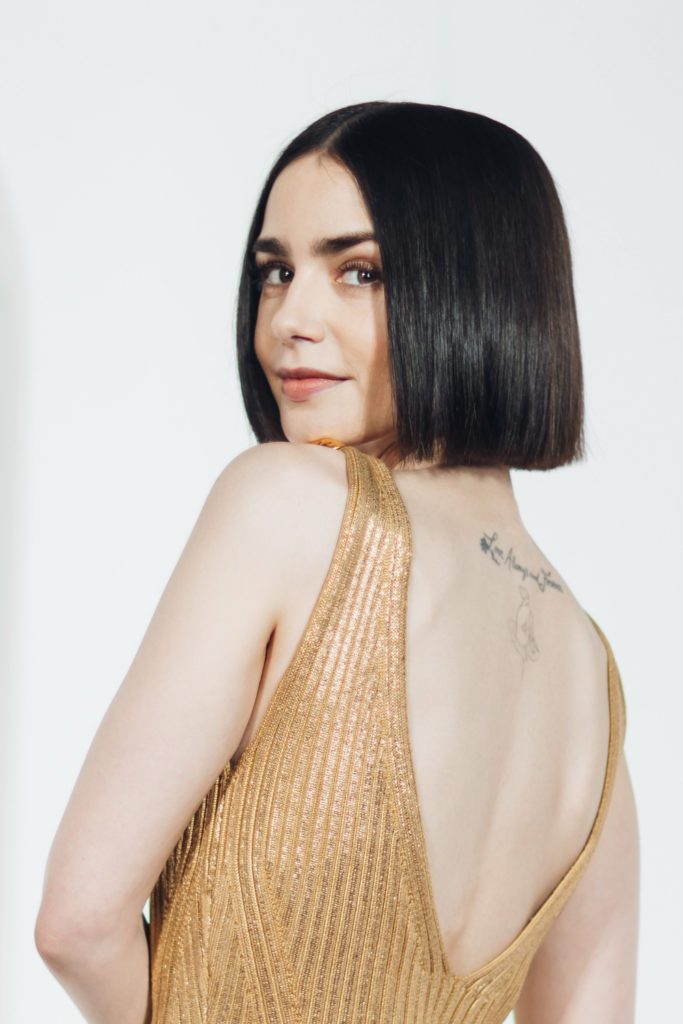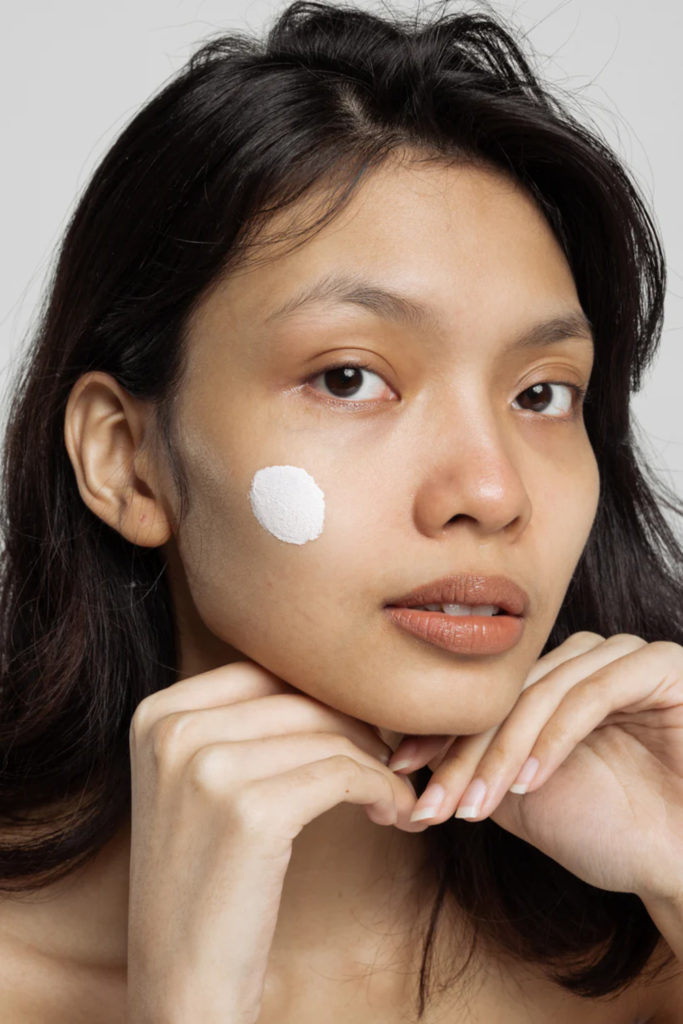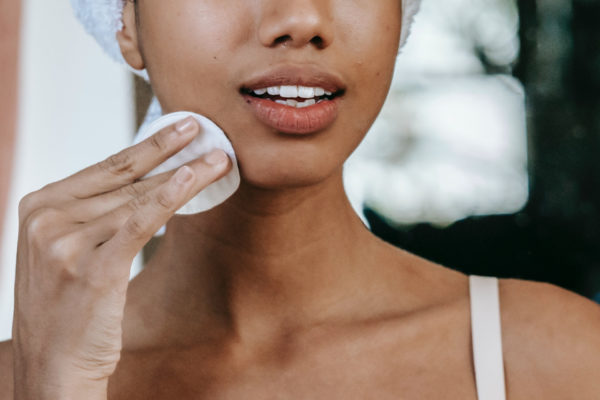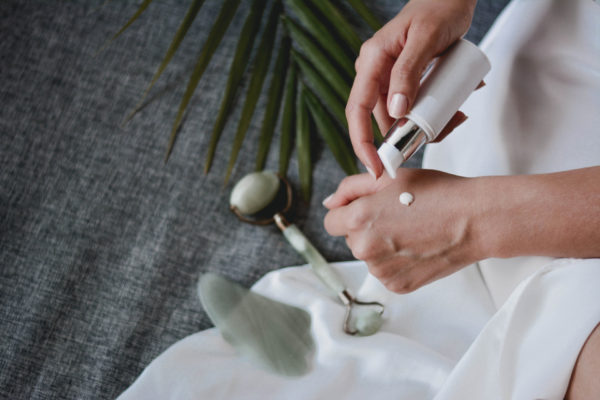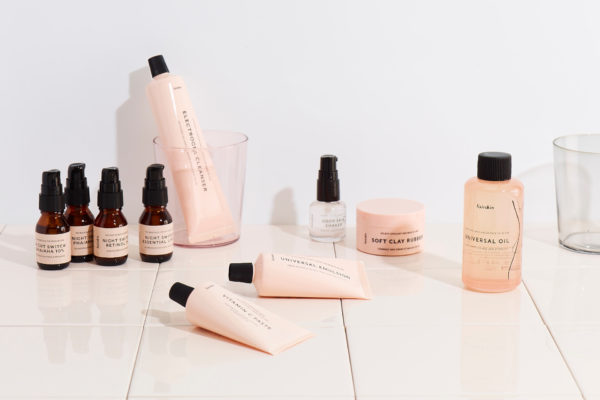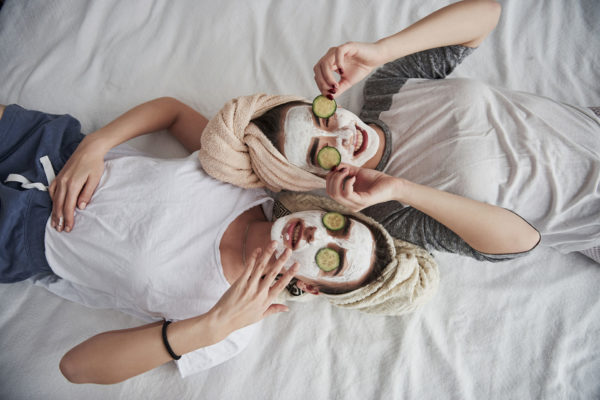A Guide To Retinol Cream For Beginners
By
2 years ago
The skincare buzzword we should all be familiar with
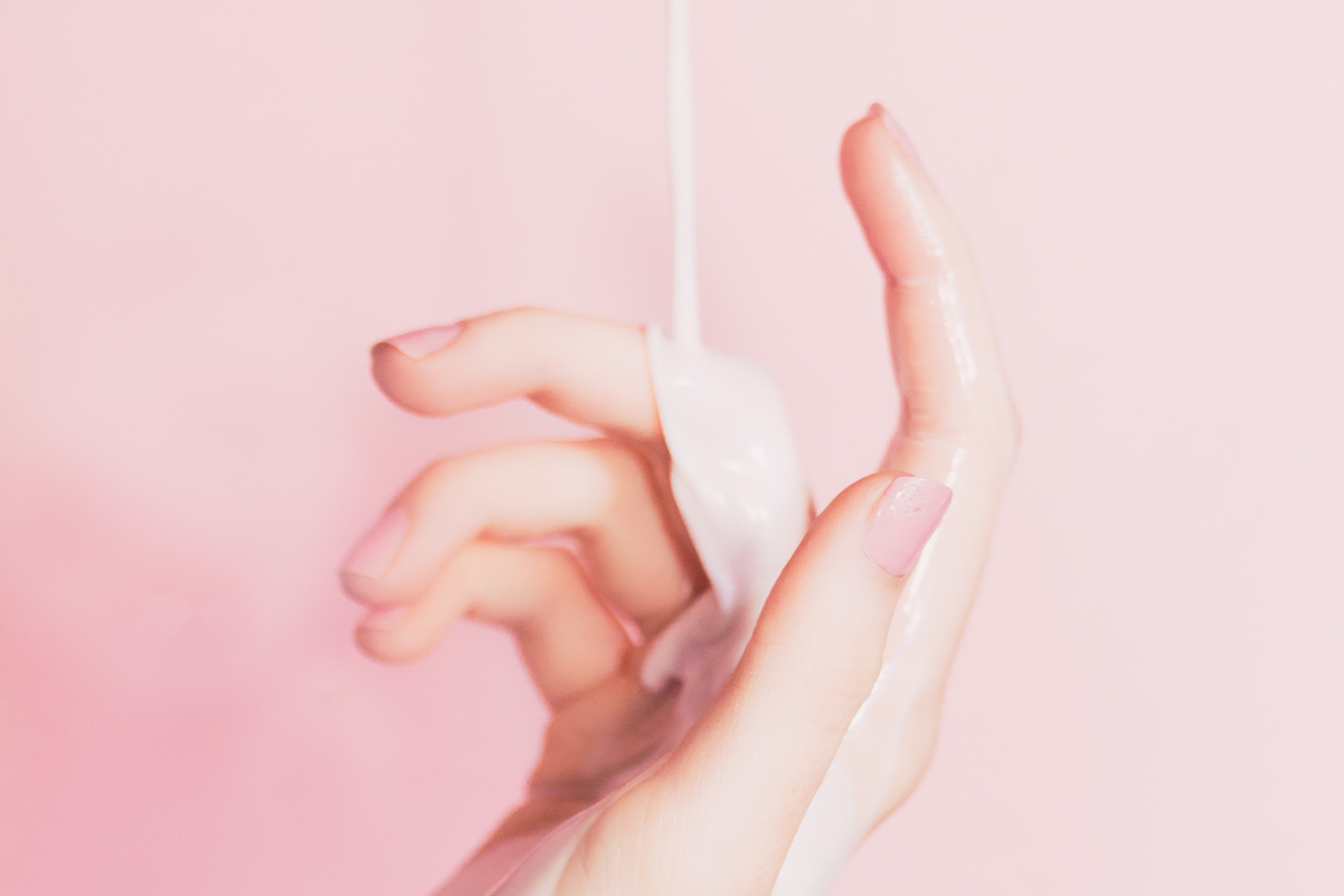
Those hot on the tail of forever-youthful skin will have already heard of retinol, the skincare buzzword that has been invading the industry for decades. While its parent, retinoid, might conjure up nightmares from the nineties involving red and flaky skin, retinol is a much gentler version which continues to be snapped up by beauty gurus the world over. Ideal for those wanting a break from wrinkles and acne, retinol is seemingly the go-to preventative skincare measure we can’t get enough of. We speak to dermatologist and cosmetic surgeon Dr. Dendy Engelman (who has been working closely with world-renowned beauty brand Elizabeth Arden) to find out just what retinol is, before picking out some of the best retinol creams out there right now.
A Guide To Retinol Cream For Beginners
What is retinol?
‘Retinol is a Vitamin A derivative, similar to how AHA is an acid,’ says Dr. Dendy. ‘There are several different forms of retinol on the market – typically retinoid refers to a prescription and retinol is available over the counter.’
It’s an effective ingredient in skincare, proven to help even out skin texture, reduce wrinkles and even crack down on blemishes and enlarged pores. Quite the miracle mud, it seems. ‘Since retinol helps with overall textural and tone improvement, it can be beneficial for numerous different signs of ageing. It helps with cell turnover, making skin look more youthful. It also helps to support skin’s natural collagen and elastin, thus improving the appearance of fine lines and wrinkles.’
Why should we use eye creams?
If you look at your face in the mirror when you smile, you’ll notice one area in particular will break out in laughter lines: the skin around our eyes. These lines grow into deeper grooves on our face over time, creating many an unwanted wrinkle. The demand for anti-aging eye cream has subsequently soared, with many swearing by retinol as their-go to fine line eradicator. ‘The eye area contains the thinnest skin on the body and is therefore, the first to show signs of ageing. This is the first region on the face that starts to show fine lines and wrinkling, so it needs to be treated to prevent signs of ageing.’
When should we start using retinol?
This depends on the individual’s skincare needs, says Dr. Dendy. ‘Vitamin A derivatives were originally found to be beneficial in the acne space, but it’s hard to limit usage purely from an age perspective. For anti-ageing benefits I recommend starting in mid-to-late 20s to help encourage cell renewal since we know cell turnover slows as we inch towards 30. That being said, I have more and more patients in their early 20s asking for it as a preventative measure.’
Are there any side effects from using retinol?
There are unfortunately a few side effects that can come with using retinol products, with the most common being redness, irritation, dryness, flaking and itching. But these can all be toned down by using the correct amount of retinol and using it in combination with more soothing ingredients. Remember, retinol is a strong product, and should be introduced into your skincare routine gently and in small doses. You’ll also need to apply sunscreen daily while using retinol, as it increases your skin’s sensitivity to the sun.
How can we reduce irritation when using retinol?
There are multiple ways of preventing irritation, says Dr. Dendy. ‘A good place to start is by using the proper amount. Using more of a retinol product won’t make it more efficacious, just more irritating.’
You can also keep an eye on what other ingredients are used in retinol products, as some can instead help hydrate skin. ‘Formulating with ceramides also helps protect against irritation—by adding ceramides to the formula, we are helping to moisturise with the application of the serum itself and helping to pre-emptively address the dryness and potential irritation that we know retinol can cause.
‘You should also avoid any products containing other vitamin A derivatives (such as prescription retinoids) and any exfoliating ingredients such as alpha hydroxy acid or beta hydroxy acid as these can be overly irritating or drying to delicate areas of skin.’
The Best Retinol Creams
Featured image: Ian Dooley, Unsplash









